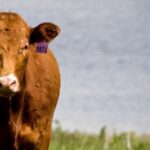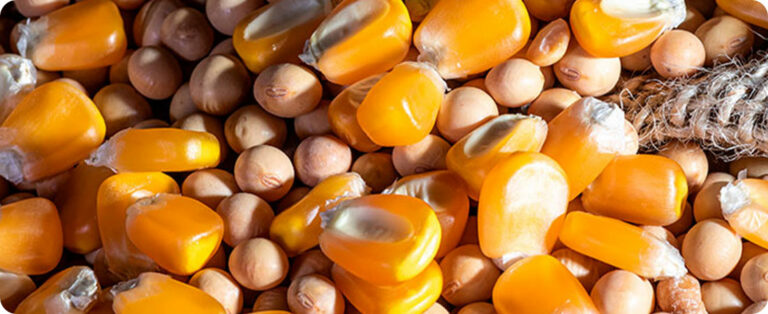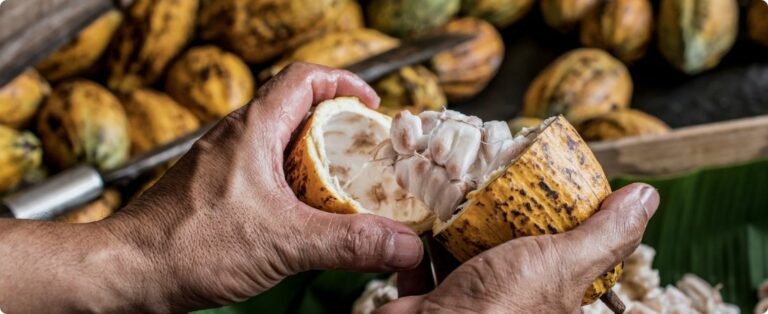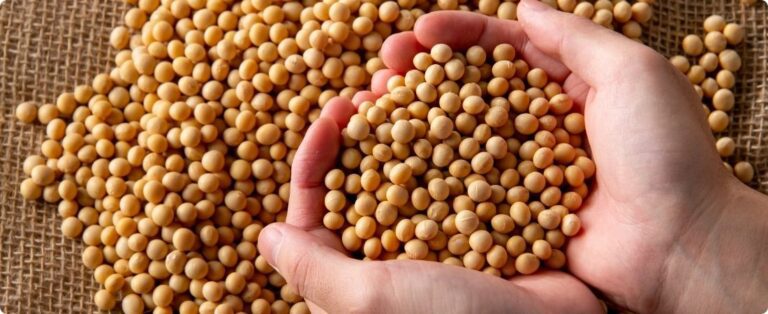
The rates of European Union on U.S. grains, as part of the bloc's response to Washington's tariffs on steel and aluminum, would hurt Europe's livestock sector dependent on imports for animal feed, industry association FEFAC said on Wednesday.
A large EU trade surplus with the United States in agriculture is a common complaint of US President Donald Trump, even though the United States is the EU's largest supplier of soybeans and a major supplier of corn.
European Commission announcement and consequences
The European Commission previously announced plans to impose extra duties on up to €26 billion (US$28 billion) of US imports.
This would involve reimposing tariffs on products such as corn starting April 1. The administration suspended those tariffs after a previous trade battle during Trump's first term.
In addition, the imposition of tariffs on products from a new list, including soybeans, would begin on April 13. FEFAC President Pedro Cordero said in a statement that such tariffs “would negatively affect the resilience and competitiveness of EU livestock production systems.”
FEFAC, which represents livestock feed manufacturers, highlighted that feed grains could serve as the basis for a negotiated agreement between the EU and the US, avoiding the application of tariffs.
European dependence and possible alternatives
Given its dependence on foreign feed commodities, the EU’s imports from the US could easily double. Currently, this volume is €4 billion, but could reach €8 billion. Such an increase would help reduce the US agricultural trade deficit with the EU, Cordero said.
The tariff on U.S. corn, which is currently suspended, is 25%. If reinstated, the tariff could lead European countries, such as Spain, to stop importing U.S. corn.
Traders said the EU's countermeasures heightened concerns about the impact of Trump's tariff policies on U.S. agricultural exports, sending corn and soybean futures in Chicago lower on Wednesday.
Source: Gus Trompiz and Mark Potter | Notícias Agrícolas












